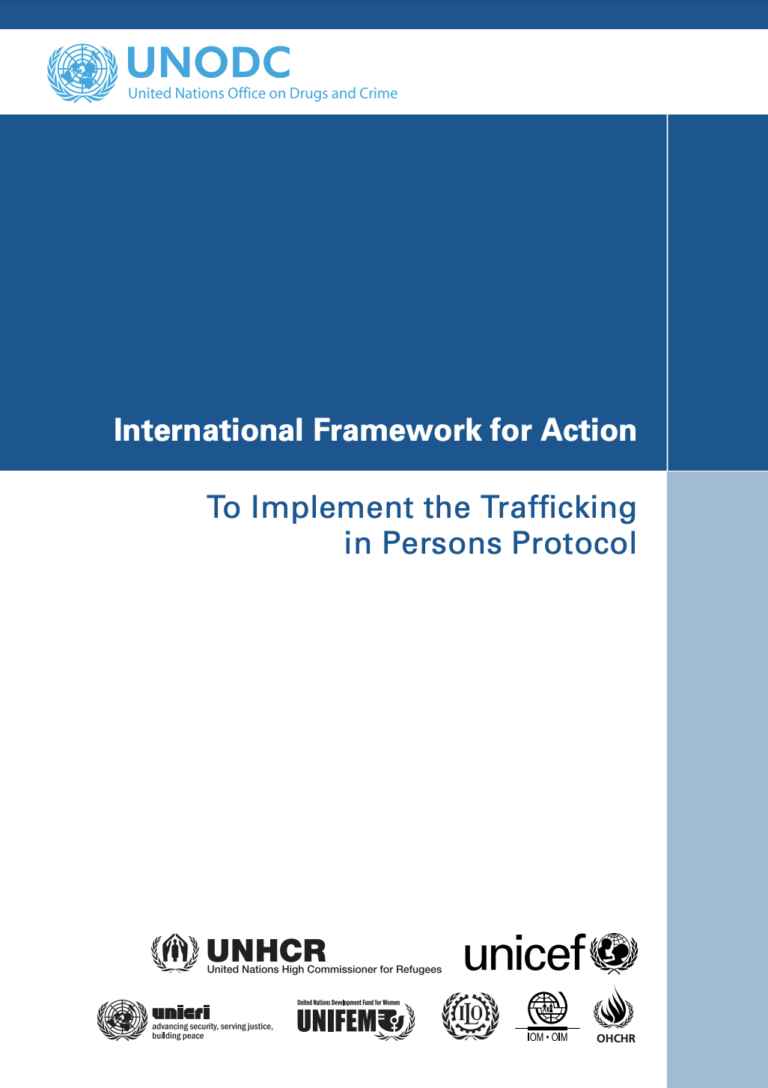Handling and Resolving Local- Level Concerns and Grievances: Human Rights in the Mining and Metals Sector
GuidanceHaving effective operational-level grievance mechanisms in place to systematically handle and resolve the grievances that arise helps to diffuse potential problems and provides channels for resolving issues that might otherwise escalate into protest...Read More

